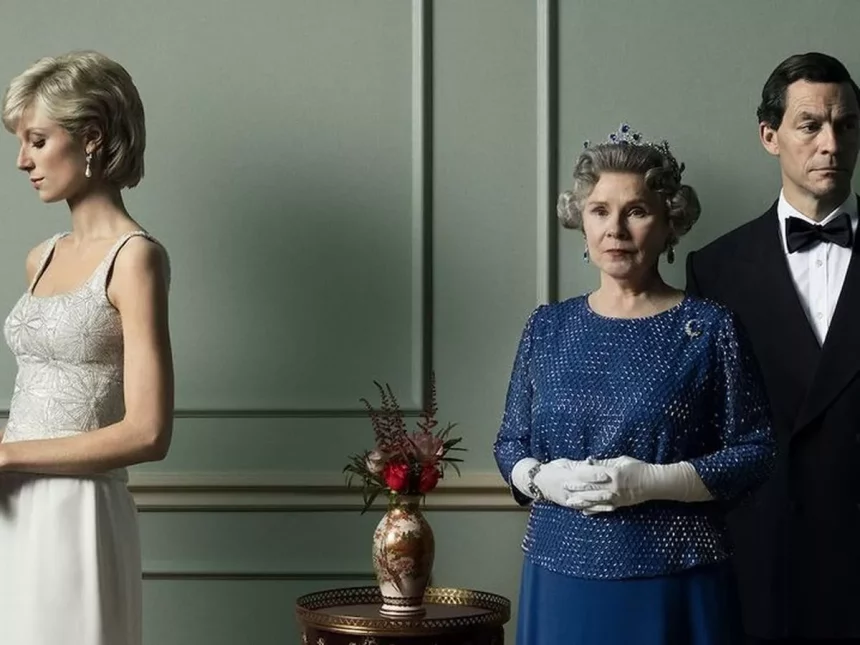Netflix’s acclaimed series The Crown chronicling the reign of Queen Elizabeth II, draws to a close from Thursday, focusing on a subject still highly sensitive to the British monarchy — the death of Princess Diana.
The sixth and final season of the award-winning but often-criticised show created by Peter Morgan is being released in two parts.
The first five episodes will premiere on Thursday, followed by the final five on December 14, culminating 60 hours of narrative that began in 2016.
The drama covers the late queen’s journey from her 1947 marriage to Philip up to the early 2000s introduction of Kate Middleton, the current Princess of Wales
The royal family took years to recover after criticism of their reaction to the loss of Diana, whom Tony Blair famously dubbed “the people’s princess”.
“It’s a very sensitive subject because it was such a significant event in the life of the monarchy and the royal family, and because people related to Diana are still very much alive, most notably her now-adult sons William and Harry,” royal historian Ed Owens told AFP.
“It’s the seminal moment that the series has been building up to since series one. The question remains whether Peter Morgan is a friend or an enemy of the monarchy.
“This series will give us a fuller understanding of whether he thinks it is an institution that has made big mistakes and which needs to modernise. Or whether it’s an institution that has managed to modernise successfully since 1997.”
Massive responsibility
The final season notably recreates Queen Elizabeth’s rare live televised address from Buckingham Palace on September 5, 1997, paying tribute to Diana and addressing the widespread public grief.
Imelda Staunton, who portrays the monarch in the last two seasons following Claire Foy and Olivia Colman, expressed feeling “a massive responsibility” with this scene.
“It was an incredibly powerful address to the nation which many people remember,” the actress said.
“The significance of that was not taken lightly by anyone involved, and I spent a lot of time listening to recordings of the real speech, as I needed to be as accurate as I could be with the extremely sensitive subject matter.”



